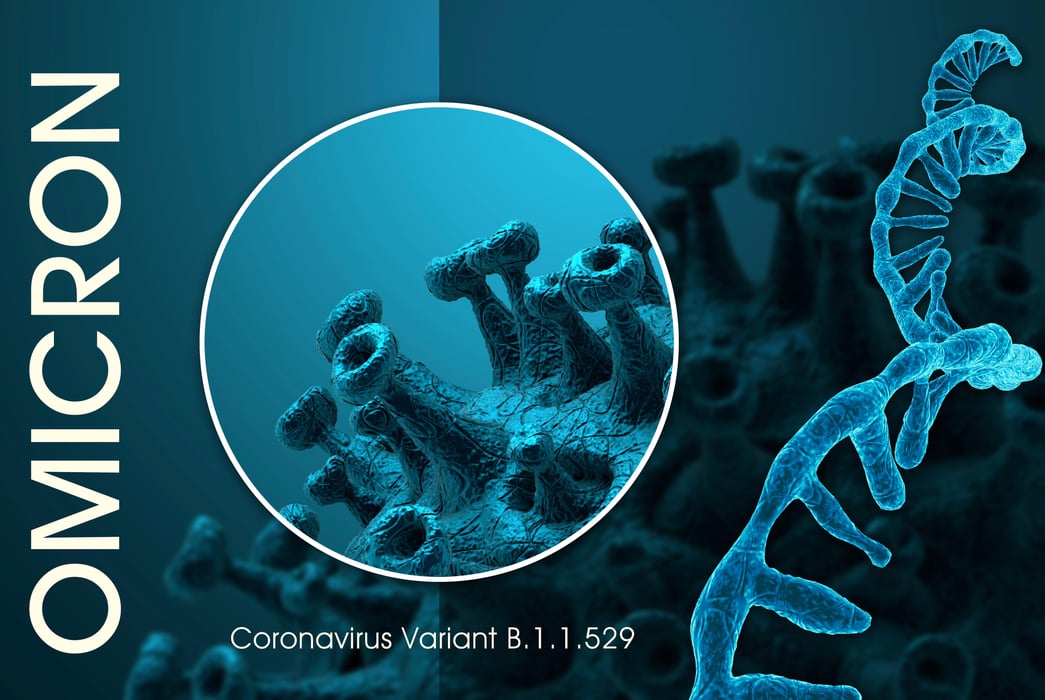COVID Meds Appear to Work Against BA.2 Omicron Variant

MONDAY, March 14, 2022 (HealthDay News) -- A number of COVID medications have proven their mettle against the "stealth" BA.2 Omicron variant in lab tests, but it's not clear how effective they would be in real-world use, researchers report.
Some evidence suggests that BA.2 can spread more quickly than the already highly contagious earlier BA.1 variant.
In lab experiments using non-human primate cells, researchers tested seven monoclonal antibodies, three combinations of antibodies, and three antiviral treatments against the BA.2 variant. Most approved antibody treatments are a combination of different antibodies.
The antiviral therapies remdesivir, Merck's molnupiravir and the active ingredient in Pfizer’s Paxlovid pill (nirmatrelvir) worked against the BA.2 variant, according to the study published March 9 in the New England Journal of Medicine.
According to the findings, the most effective antibody treatment against the BA.2 variant was AstraZeneca's Evusheld (tixagevimab co-packaged with cilgavimab), which is approved in the United States to help prevent COVID infection in people vulnerable to severe disease.
Antibody treatments form Regeneron and GlaxoSmithKline were more effective against BA.2 than they are against the BA.1 variant, but were not as strong against BA.2 as they were against earlier versions of the virus.
The researchers also found that Lilly's antibody cocktail of etesevimab and bamlanivimab did not neutralize the BA.2 virus at common dosages.
"The bottom line is we have antibodies that appear to be more effective against BA. 2 compared with BA.1 or BA.1.1. That's good news, but we don’t know whether what we found in the lab translates into clinical settings," said study leader Yoshihiro Kawaoka, a virologist at the School of Veterinary Medicine at the University of Wisconsin-Madison and the University of Tokyo.
"We also tested clinically available antiviral compounds, and they are all highly efficacious," he added in a University of Wisconsin news release.
Current COVID treatments tend to be less effective against new variants than against the original virus because they were designed and tested against earlier versions of the virus, the study authors noted.
It takes months to create and test treatments against new variants of the virus.
More information
There's more on COVID-19 variants at the U.S. Centers for Disease Control and Prevention.
SOURCE: University of Wisconsin-Madison, news release, March 10, 2022
Related Posts
More Than 10 Million People Died of Cancer Worldwide in 2019
TUESDAY, Jan. 4, 2022 (HealthDay News) -- Cancer remains a major killer, with 10...
La ómicron podría ayudar a proteger de la delta, sugiere una nueva investigación
MIÉRCOLES, 29 de diciembre de 2021 (HealthDay News) -- Los investigadores siguen...
Teens With Severe Substance Use Disorder May Not Grow Out of It
WEDNESDAY, April 6, 2022 (HealthDay News) -- For a majority of adolescents with...
Directrices actualizadas sobre el sueño infantil: sin productos inclinados ni compartir cama
MARTES, 21 de junio de 2022 (HealthDay News) -- Una nuevas directrices sobre el...
